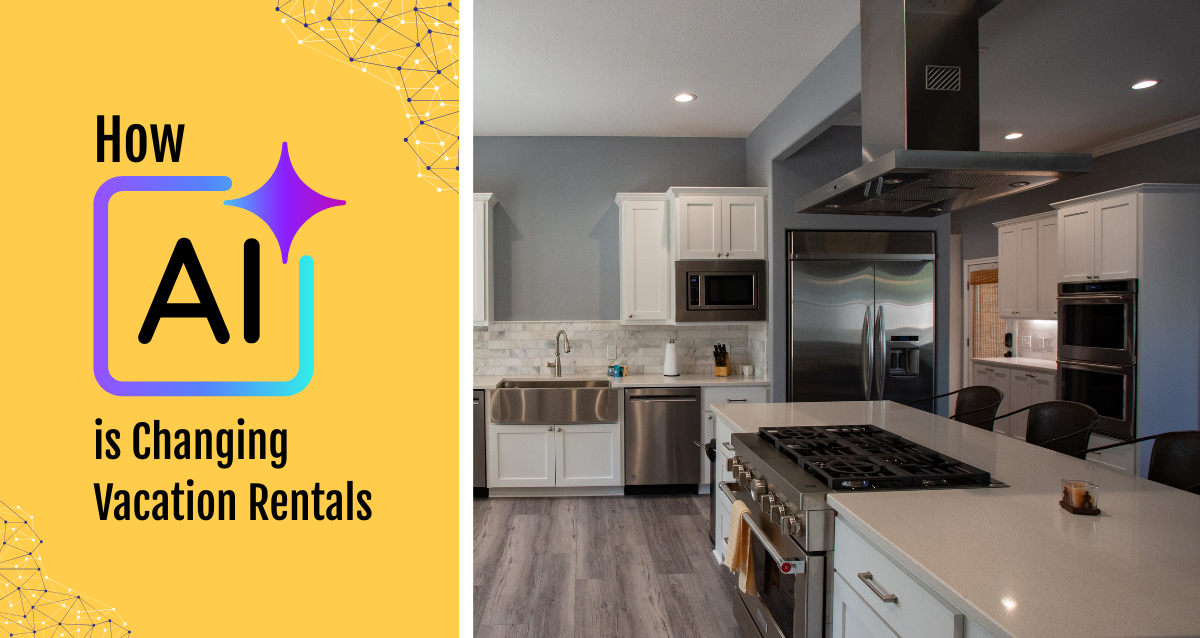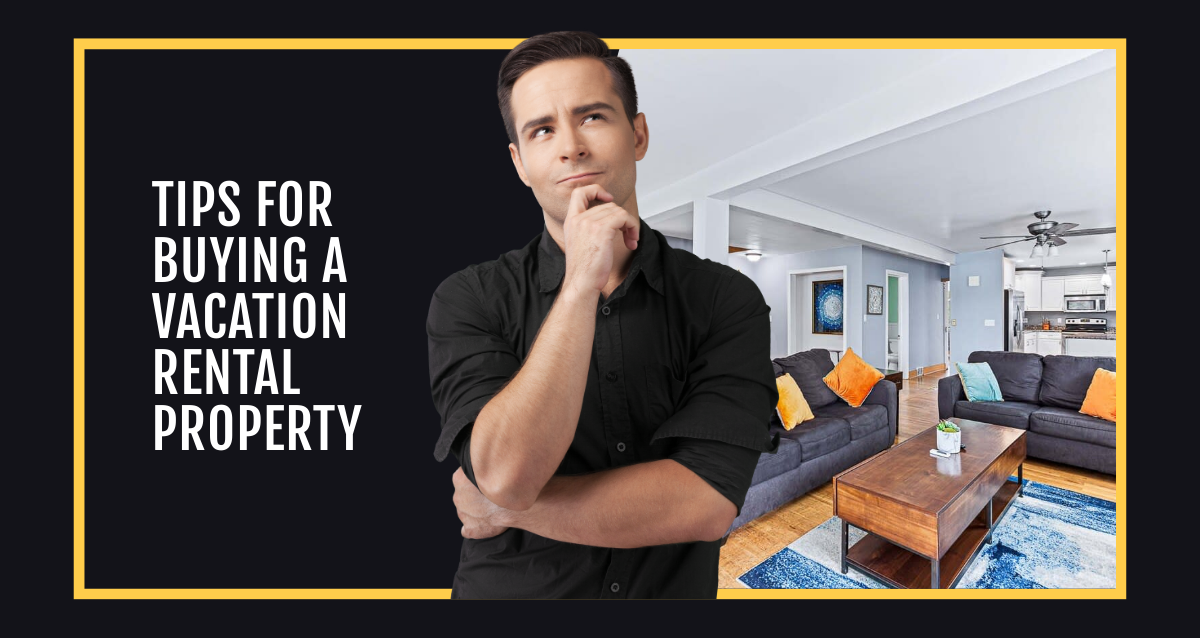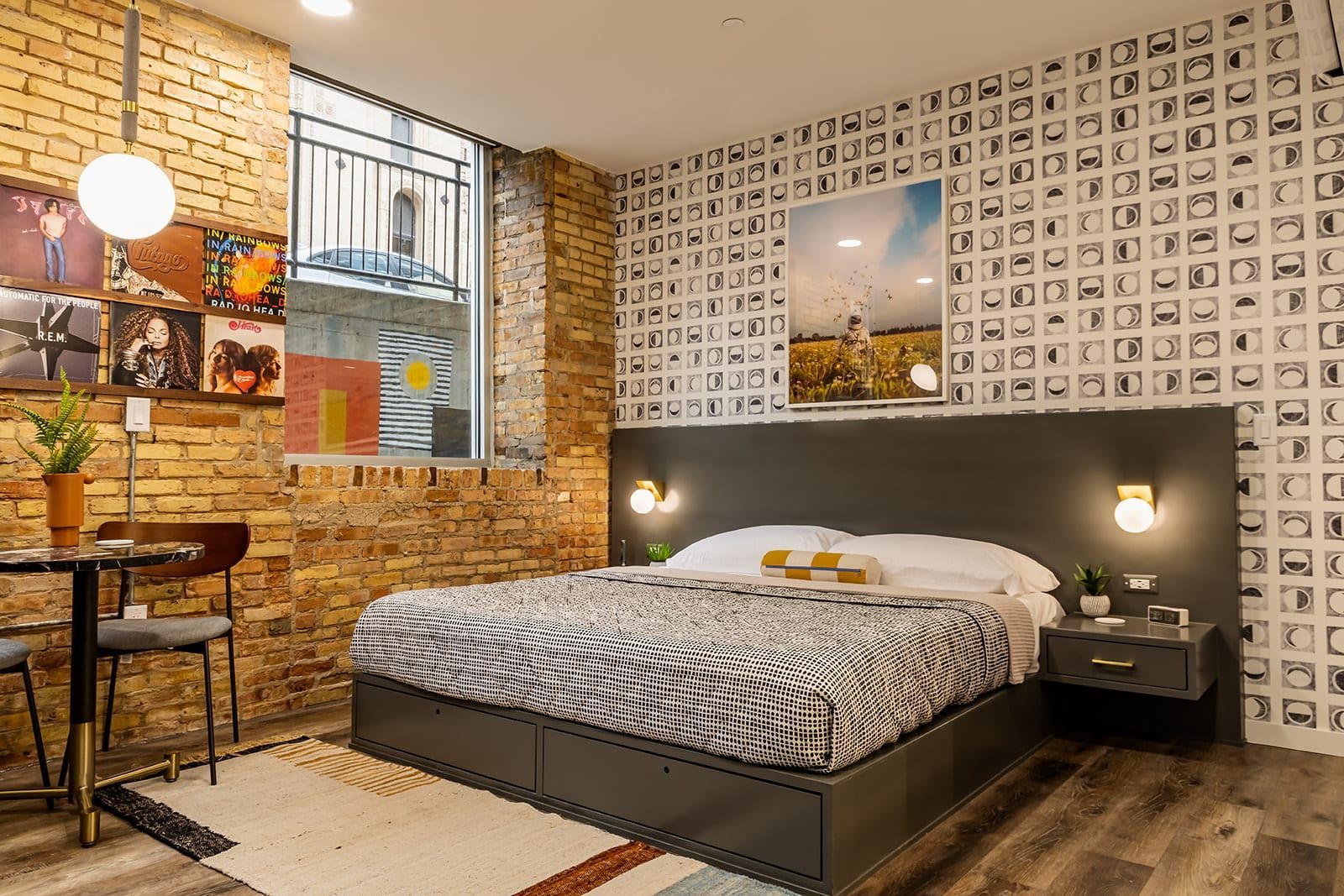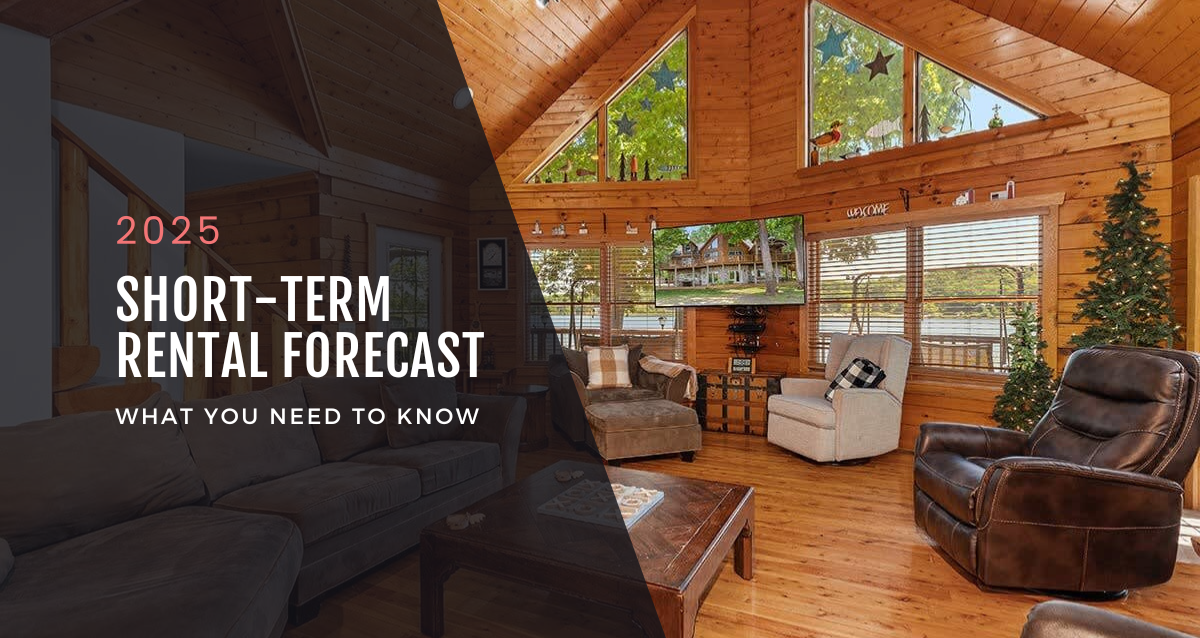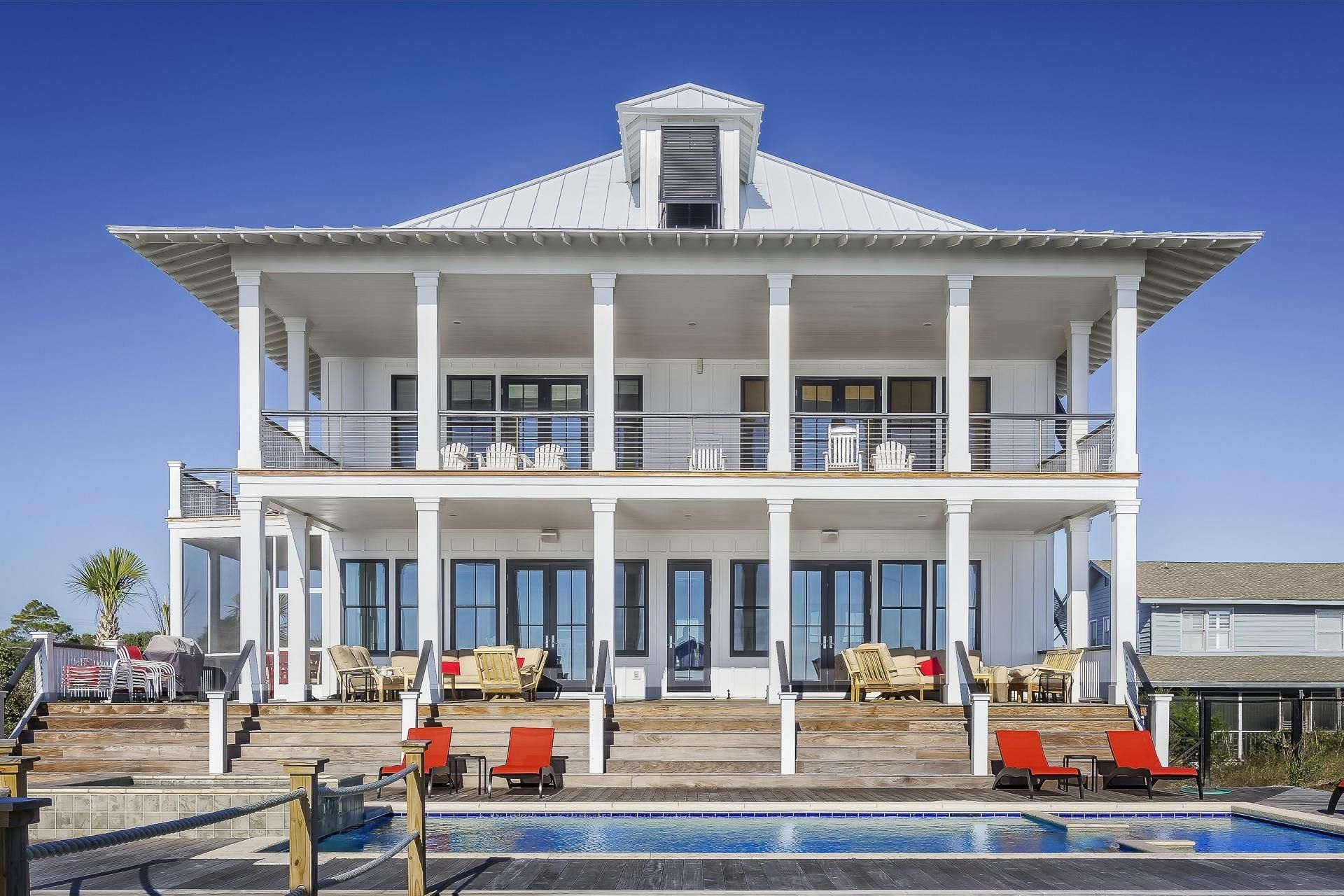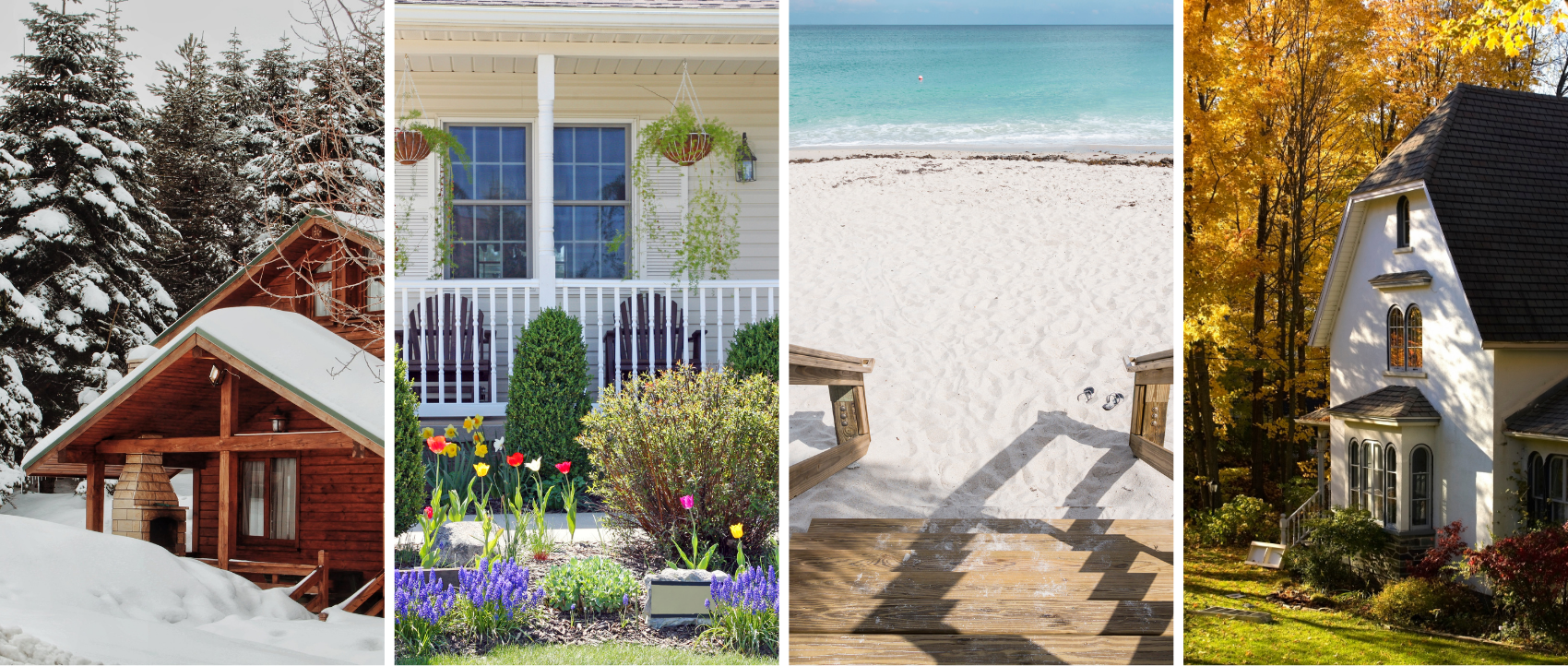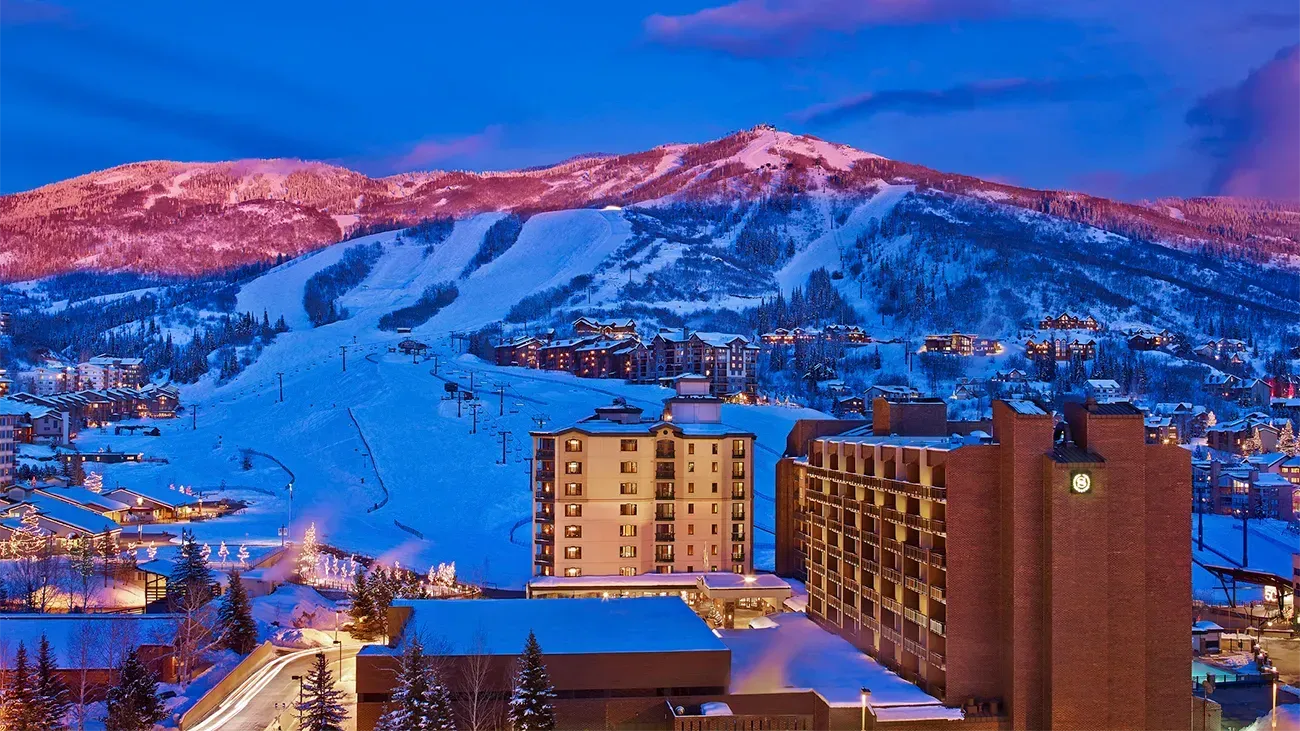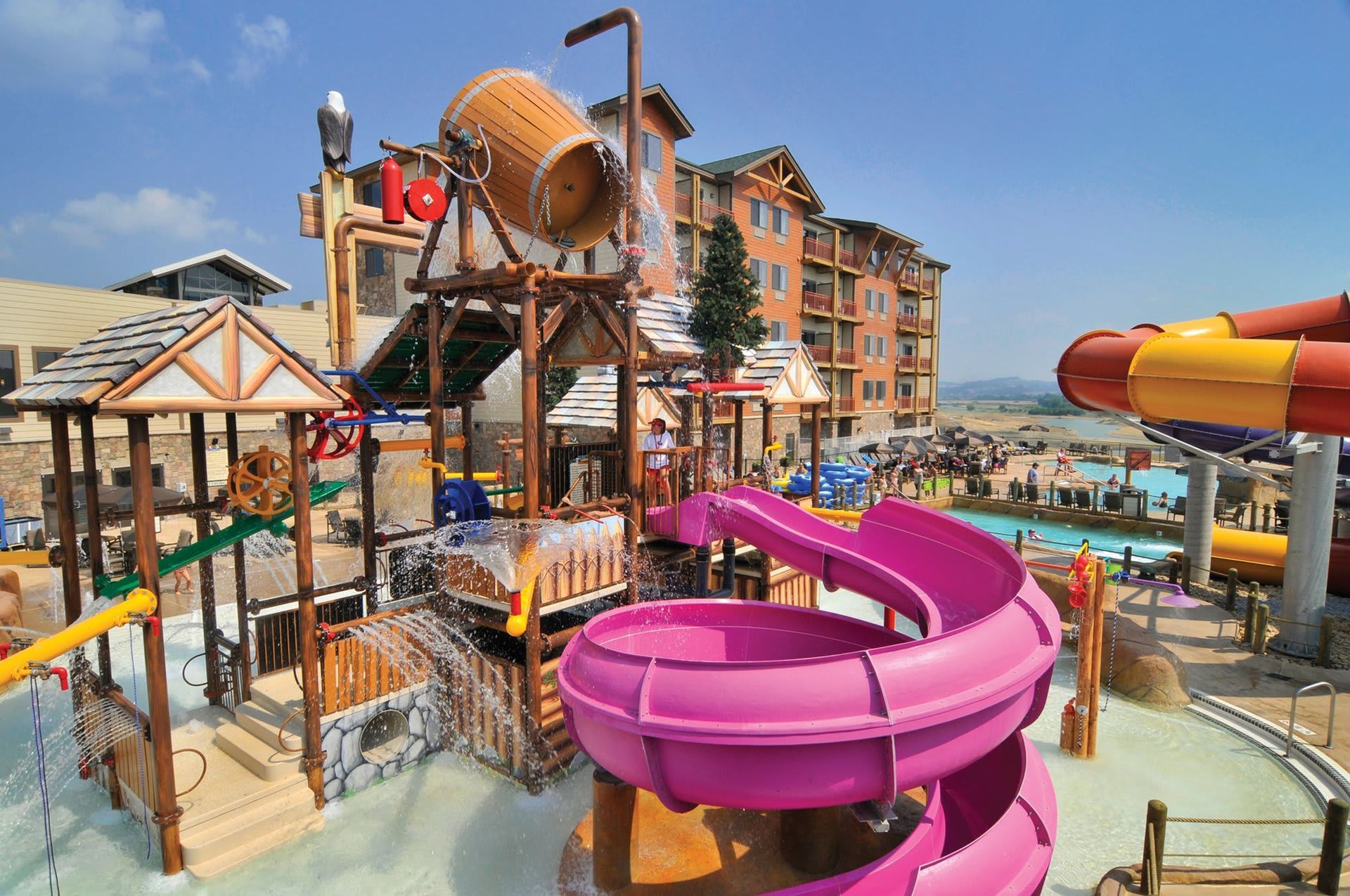Navigating the Rules and Regulations of the Short-Term Rental Industry

The short-term rental industry can be a goldmine—but only if you play by the rules. From licensing to zoning, taxes to insurance, navigating the regulations can feel like trying to crack a safe. Here's a breakdown of what you need to know to keep your rental business on the right side of the law.
Understanding Local Laws: The First Step
Short-term rental laws vary widely by location. What’s allowed in one city may be strictly prohibited just a few miles away. Before listing your property, it’s crucial to research local regulations to ensure compliance.
Key Areas to Consider:
- Licensing and Permits: Many municipalities require short-term rental licenses or permits. These are often subject to fees, renewal requirements, and potential inspections.
- Zoning Regulations: Zoning laws may limit the areas where short-term rentals can operate. Some neighborhoods might be restricted entirely, while others might only allow certain types of rentals, like hosted stays versus whole-home rentals.
- Occupancy Limits: These rules limit the number of guests allowed at a property, which is typically determined by the property’s size and location.
Pro Tip: Check your city or county’s website for specific guidelines, and don’t forget that homeowners' associations (HOAs) often have their own rules on short-term rentals.
Taxes: Not Just the Nightly Rate
Taxes can be a big surprise for new hosts. Beyond the nightly rate, many areas require owners to collect occupancy taxes or tourism taxes from guests. These can range from a flat rate to a percentage of the booking total.
Common Taxes to Expect:
- Transient Occupancy Taxes (TOT): A local tax typically charged on rentals shorter than 30 days.
- Sales Taxes: In some states, sales tax applies to short-term rentals just like any other service.
- Property Taxes: In some regions, running a short-term rental may change your property’s classification, increasing your property taxes.
Failure to comply with tax requirements can result in steep penalties and interest on unpaid amounts. Platforms like Airbnb and VRBO may help collect and remit these taxes for you, but it’s still your responsibility to understand the tax rules in your area.
Insurance: Protecting Your Investment
Many first-time short-term rental owners overlook insurance—big mistake! Standard homeowners' insurance may not cover damages or accidents that occur while your property is being rented out. Having specialized short-term rental insurance is a must to protect yourself from liability and property damage.
What to Look For in Insurance:
- Liability Coverage: Protects you if a guest gets injured at your property and decides to sue.
- Property Damage: Covers repairs or replacements if your property is damaged by a guest.
- Loss of Income: If something goes wrong (think natural disaster or a major repair), this can cover lost rental income during the downtime.
Don’t assume platforms like Airbnb will cover you. While some offer Host Protection Insurance, these policies often have limits and exclusions.
Keeping Up with Evolving Regulations
One of the biggest challenges in the short-term rental industry is that regulations change frequently. Some cities that were once lenient have begun imposing strict rules, while others are loosening up to encourage tourism. It’s essential to stay up to date with local laws, as non-compliance can lead to fines, suspension of your rental permit, or even lawsuits.
How to Stay Compliant:
- Join a Local Host Group: Many areas have associations or Facebook groups where hosts share updates on regulations and best practices.
- Monitor Local News: Keep an eye on any public hearings or city council meetings discussing short-term rental laws.
- Consult an Attorney: If you’re unsure whether your property complies with current laws, it’s worth seeking legal advice.
Planning for Inspections and Safety Standards
In some areas, short-term rentals are required to pass safety inspections. These inspections often check for compliance with fire safety, building codes, and occupancy standards. Common safety features you may need to have include:
- Working smoke detectors and carbon monoxide detectors.
- An up-to-date fire extinguisher.
- Clearly marked emergency exits.
Additionally, many jurisdictions are starting to require that rentals meet specific accessibility standards, especially if you’re accommodating a large number of guests.
Pro Tip: Even if inspections aren’t required, it’s a good idea to follow safety standards to protect your guests—and your business.
Noise, Nuisance, and Neighbor Relations
The rise of short-term rentals has sparked some friction with local residents, so keeping the peace is essential. Some cities enforce “quiet hours” for rentals, while others require hosts to have noise-monitoring devices in their properties.
What to Watch For:
- Noise Restrictions: Many cities have strict noise ordinances, particularly in residential neighborhoods.
- Parking Rules: Ensure that your guests know where they can (and can’t) park, as some areas limit the number of vehicles allowed.
- Good Neighbor Policies: A lot of places are implementing “good neighbor” rules that require hosts to share their contact info with neighbors or address complaints quickly.
Conclusion
The short-term rental industry is a dynamic and exciting way to generate income, but the key to success is navigating the complex web of regulations. By staying on top of local laws, taxes, insurance requirements, and neighborhood relations, you’ll keep your rental business running smoothly and avoid any costly legal headaches. And remember, when in doubt, consult an expert or reach out to local host groups for advice.
With the right knowledge and preparation, you can turn your property into a successful, compliant short-term rental that guests love—and that keeps you in good standing with your local government.



